








GLIDE works to elevate awareness of and engagement with specific diseases of focus – these are malaria, lymphatic filariasis, onchocerciasis, and polio. We link disease elimination efforts at global, regional, and national levels with other relevant global health priorities.
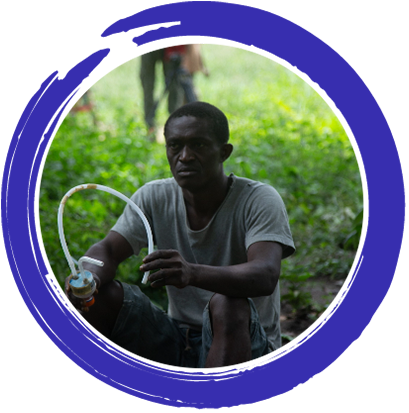
Working together with country partners and ministries of health, GLIDE provides technical advice and, capacity building initiatives. We seek to facilitate cross-disease, cross-border, and cross-sector action to help amplify lessons learned and identify synergies to advance elimination.
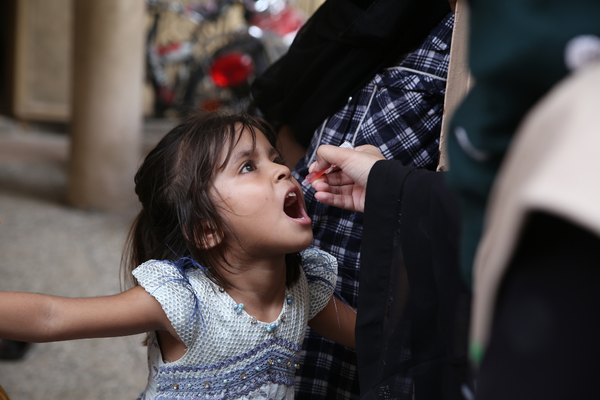
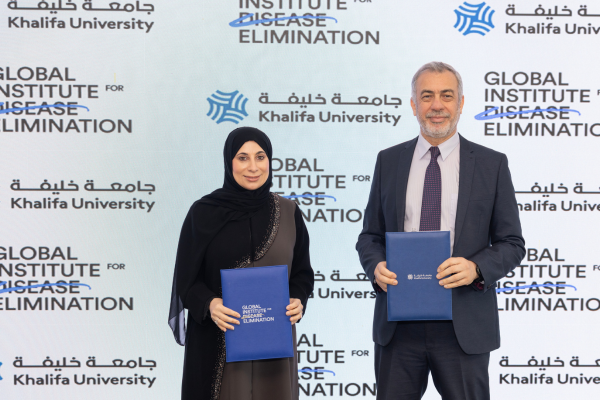
Collaboration Aligns with the UAE’s Long-Standing Commitment to Combating Infectious Diseases Regionally and Worldwide Abu Dhabi, UAE: 02 October 2025 – Khalifa University of Science and Technology and The Global Institute for Disease Elimination (GLIDE) today announced they have signed a Memorandum of Understanding (MoU) to collaborate on capacity-strengthening initiatives aimed at enhancing public […]
READ MORE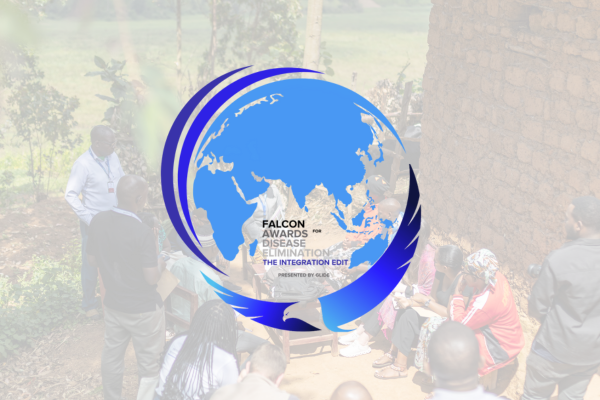
Abu Dhabi, UAE — 10 February, 2026: The Global Institute for Disease Elimination (GLIDE) today announced the winners of its Falcon Awards for Disease Elimination Integration Edit, recognizing fourteen organizations advancing innovative research and advocacy to accelerate progress toward infectious disease elimination through integrated approaches. Selected from a highly competitive global pool, the 14 winning […]
READ MORE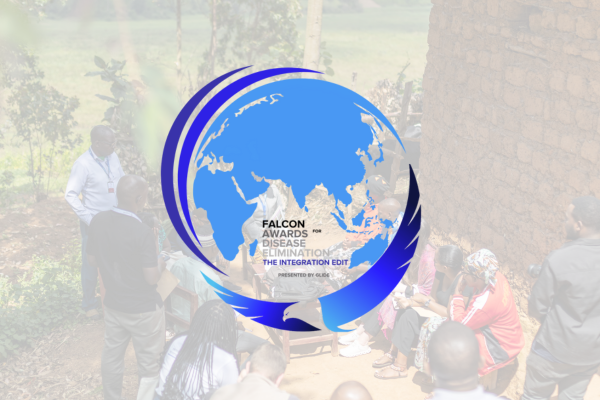
The Global Institute for Disease Elimination (GLIDE) is pleased to announce the selected projects under the Falcon Awards for Disease Elimination – Integration Edit, which recognise a cohort of initiatives advancing innovative, evidence-driven, and integrated approaches to eliminating infectious diseases. This edition of the Falcon Awards places a deliberate emphasis on breaking down siloes across […]
READ MORE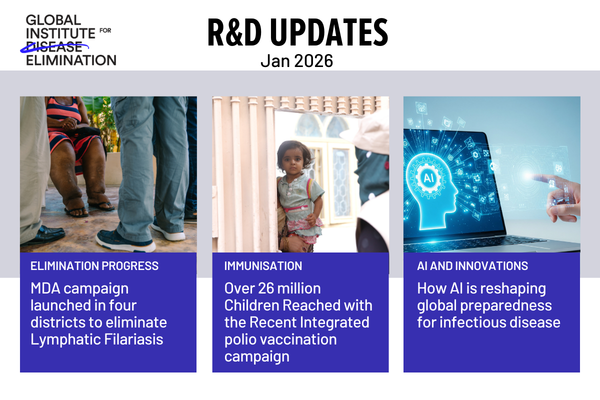
Vector Control Microclimates, land cover, and socioeconomic vulnerability shape Anopheles hotspots in Maryland, USA – Link Disparities in long-lasting insecticidal bed net usage and malaria burden 2 years after a mass distribution campaign in central Côte d’Ivoire: A cross-sectional survey prior to a cluster randomised trial – Link Gene drives tested against real-world malaria diversity […]
READ MORE